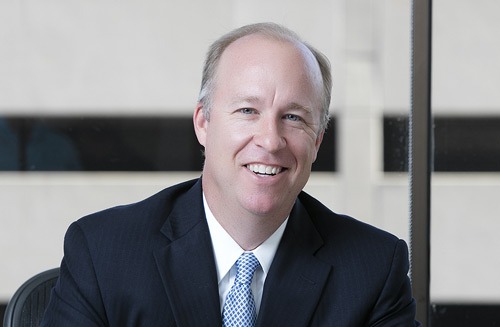Litigator of the Week: Matthew Pearson

After a Harris County judge issued a $20.2 million final judgment in favor of Shale Exploration, Matthew Pearson, who represents the energy company, had time to think about what he had done right to lead to that outcome.
One of his successful litigation strategies was encouraging his client's owner “to open up about some stupid emails he sent,” recalled Pearson, a partner in San Antonio's Gravely & Pearson.
That forthrightness diluted the defendant's attempt to make those emails—which contained vulgar language—even more damaging to his client.
In Shale Exploration v.
Eagle Oil & Gas, filed in Harris County's 152nd District Court, the dispute concerned lease information about an oil and gas prospect in North Dakota. Shale Exploration alleged in its petition that it had proprietary, confidential information about the leases. Shale intervened in a lawsuit brought by a third party against Eagle, asserting that Eagle misused the
proprietary information to unfairly compete for oil and gas leases.
Bruce Bowman, a shareholder in Dallas' Godwin & Lewis who represents Eagle Oil & Gas, said his client will file a motion for a new trial, and if unsuccessful with that request, then an appeal.
“We will take all the steps necessary,” Bowman said. Bowman argued at trial that there was no signed agreement about the disputed leases between Eagle and Shale, and therefore it was not enforceable.
When the court issued its verdict in September 2014, the jury found that Shale had an agreement with Eagle to enforce a confidentiality and non-circumvention agreement about the leases, and that Eagle misappropriated a trade secret, among other things. The jury awarded Shale $14.3 million in lost profits and $4.5 million in exemplary damages. The jury rejected Eagle's counterclaim that Shale had intentionally interfered with a contract on an oil and gas interest in Montana.
In the July 21 final judgment, the court added $1.4 million in prejudgment interest to the jury award. Before issuing the final judgment, the court ordered both sides to mediation, but that effort failed to produce an agreement. Then, at a hearing in January this year, the court listened to both sides' arguments about the defendant's motion for judgment notwithstanding the verdict. But the final judgment stuck with the jury verdict.
“We kept our story simple,” Pearson said, when asked to identify another reason his presentation persuaded the jury.


